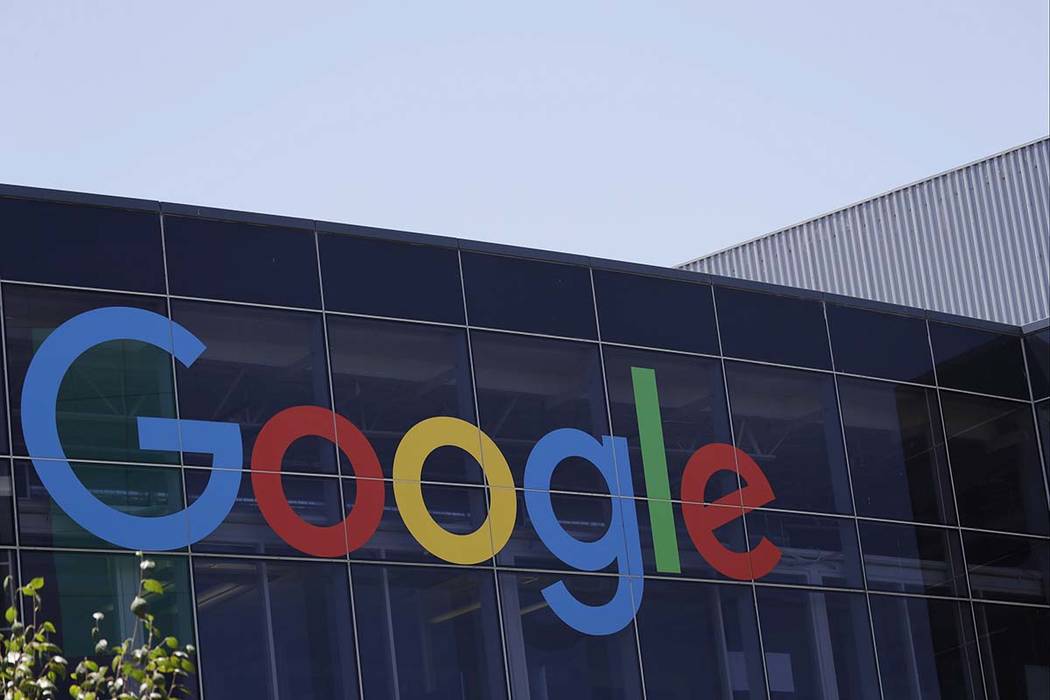VICTOR JOECKS: Big tech companies are out to get conservatives
The evidence keeps mounting that America’s largest technology companies are suppressing conservative voices.
On Monday, Project Veritas released incriminating video of Jen Gennai, head of responsible innovation at Google, talking about “preventing the next Trump situation.”
“Elizabeth Warren is saying that we should break up Google,” Gennai said. “I love her, but she is very misguided. That will not make it better. It will make it worse, because now all these smaller companies who don’t have the same resources that we do will be charged with preventing the next Trump situation. A small company cannot do that.”
Gennai said Google is working to prevent a repeat of what happened in 2016.
“We all got screwed over in 2016,” she said. “Again, it wasn’t just us. The people got screwed over. The news media got screwed over. Everybody got screwed over. So, we’ve rapidly been like, ‘What happened there? Can we prevent it from happening again?’ ”
A Google employee who requested anonymity to protect his job said. “Right after Donald Trump won the election of 2016, the company did a complete 180 in what they thought was important. Before they thought self-expression and giving everyone a voice was important. But now, they’re like ‘Hey, there’s a lot of hate, because there’s a lot of hate, misogyny and racism. That’s the reason Donald Trump got elected. So, we need to fix that.’ ”
The whistleblower also said that Google-owned YouTube is suppressing “right-wing commentators” such as Dave Rubin and Steven Crowder. “What’s scary is that Google’s deciding what’s important and what’s not important,” the insider said. “They are going through and effectively deleting conversations from the national narrative.”
Previous Project Veritas investigations have uncovered significant evidence that Facebook and Pinterest also artificially restrict the reach of conservative content.
It’s not paranoia if they really are out to get you.
For years, companies such as Google have acted as platforms, not publishers. Legally, this distinction is significant. A newspaper is a publisher. It controls what goes in its pages. If the paper printed the latest John Grisham novel, for instance, Grisham’s publisher could sue successfully.
But if you download a copy of Bruno Mars’ latest music video and put it on YouTube, a record company can sue only you, not YouTube. That’s because YouTube, Facebook and other technology companies fall under section 230 of the Communications Decency Act. It states technology companies “shall not be treated as a publisher” for sharing information provided by someone else.
That puts them in the “platform” category, which are companies that provide a service without policing the content. It’s why Verizon isn’t held responsible if a burglar uses its phone. Verizon doesn’t exercise control over content. Once upon a time, that’s how companies such as YouTube and Facebook acted.
Technology companies should have the ability to promote or hide whatever content they want. But once they start acting like publishers, the law should treat them as such or state attorneys general should sue them for deceptive trade practices.
Contact Victor Joecks at vjoecks@reviewjournal.com or 702-383-4698. Follow @victorjoecks on Twitter.























